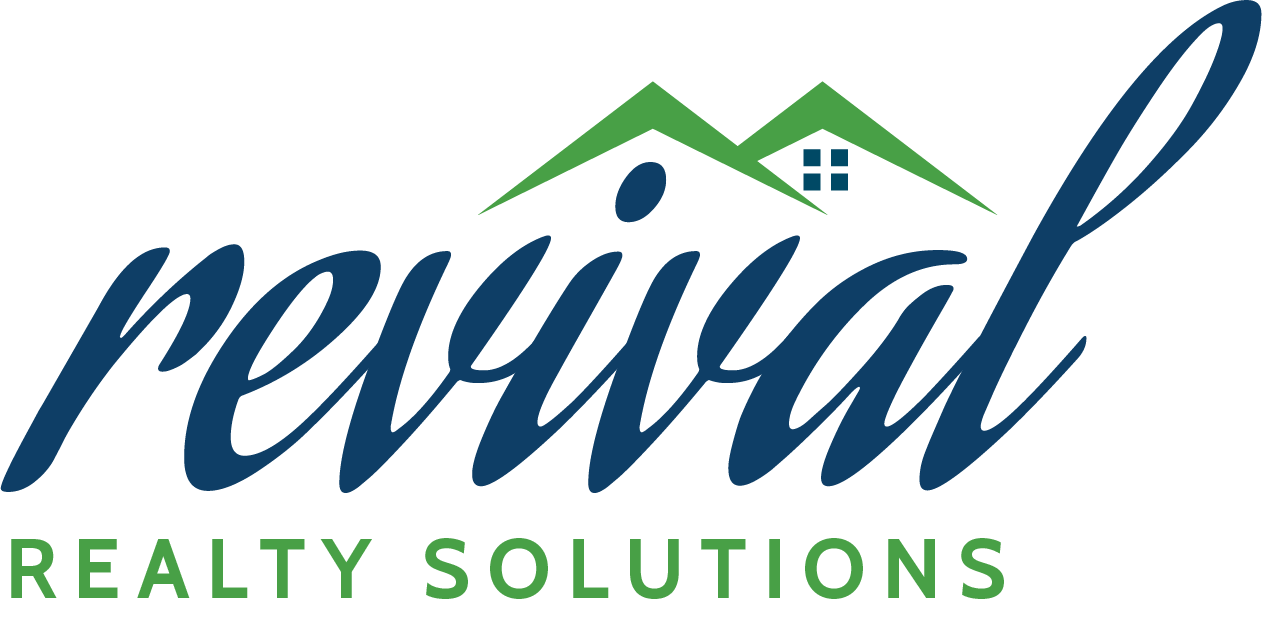Shopping for a new home is exciting and fun, but before you head out to open houses, you need to start the process in a lender’s office. A loan pre-qualification is used as an estimate of how much you can afford to spend on a home. This will help you keep your sights on the homes you’ll qualify for and weed out homes that would fall through at loan time.
A pre-approval is much more powerful and will give your offer strength when competing with other buyers. A pro-approval shows that you have been approved to receive a certain loan amount. By having the right pre-qualification, you can be guaranteed a specific amount of money and will have the ability to move into the home of your dreams.
What You’ll Need for the Pre-Approval Process
- Proof of Income
The first thing that is determined with loan pre-qualification is how much you make each year from your job including any bonuses, or alimony received. Buyers will need to produce W-2 wage statements from the past two years, recent pay stubs and year-to-date income. This allows lenders to know your debt-to-income ratio. Things such as personal debt and car loans, as well as credit card expenses will be calculated in this figure. - Proof of Assets
Borrowers need to show bank statements and investment account statements to prove they have funds for the down payment (usually 20% of the purchase price) and closing costs. If your down payment on a conventional loan is less than 20%, you’ll have to pay private mortgage insurance (PMI). PMI covers the lender if you default on your loan. Lenders will be looking to make sure you can afford the debt you’re about to take on, but they also want to know that you have cash reserves available. - Good Credit
The first place to start is reviewing your credit report and getting your credit score. If you’re planning to purchase the home with your spouse or another person, they need to request and review their credit reports as well. Check with your bank or your credit card companies as they’ll often provide these for free. Each of the three national credit rating agencies, TransUnion, Experian, and Equifax is required to provide you with one free credit report per year. Credit scores can range from 300 and 850. The higher the score the better your chances of getting a mortgage loan. A higher score may also help qualify you for a lower interest rate. Lenders will wan tot see a FICO score of 620 or higher to approve a conventional loan. - Employment Verification|
Having stable employment gives lenders confidence that you will be able to repay the loan. Lenders won’t just take your word for it, they will want to contact your current employer to verify that you’re still employed and all the information you’ve previously submitted is accurate. Borrowers who are self-employed will need to provide much more documentation concerning their business and income.

